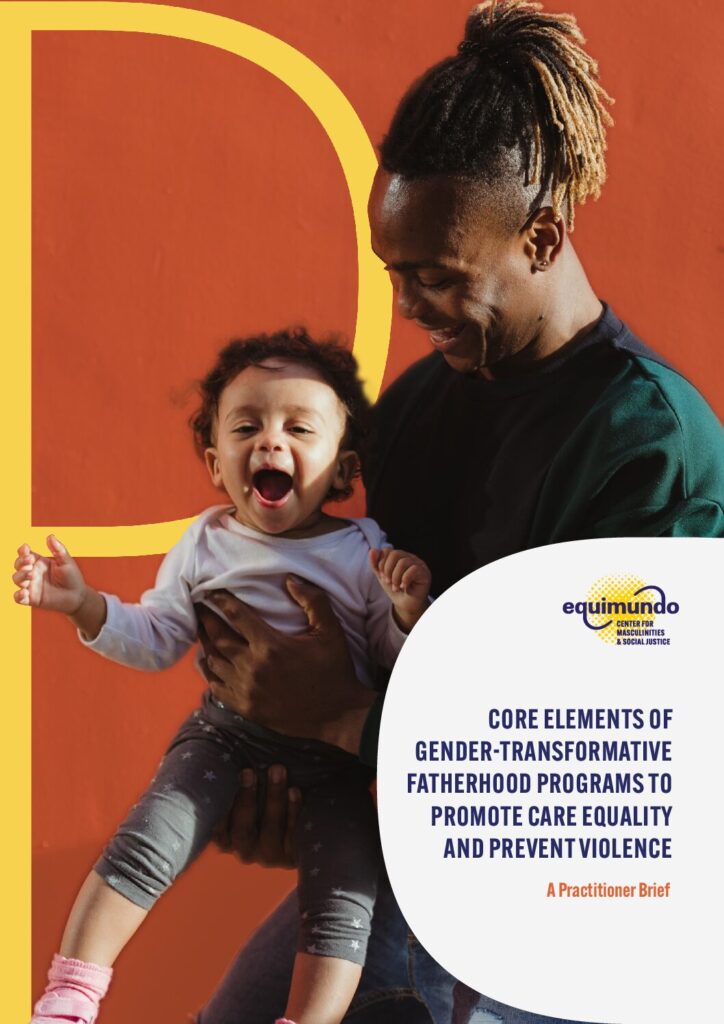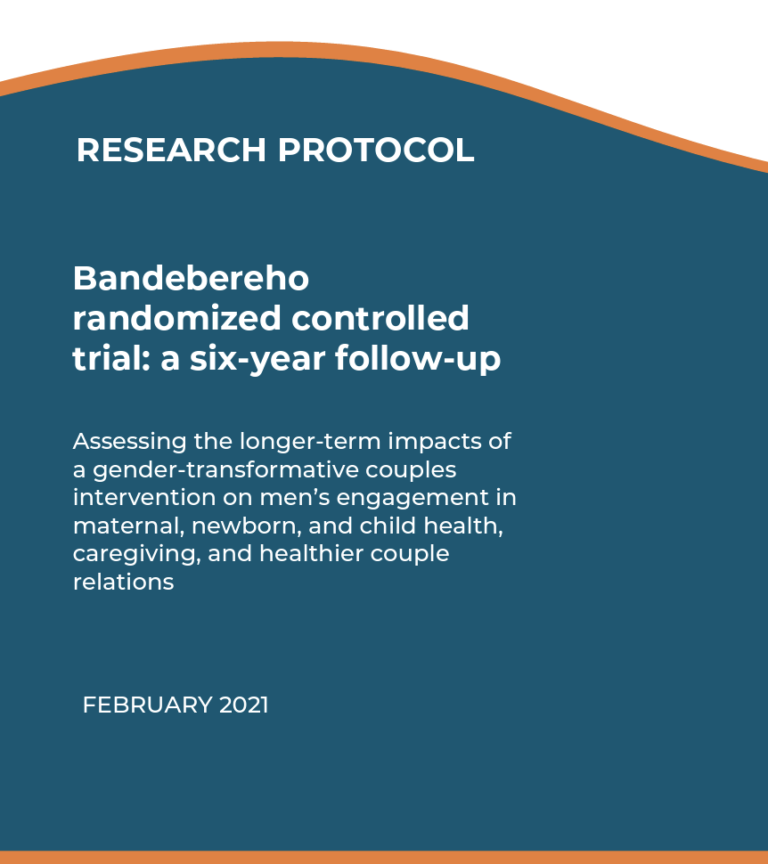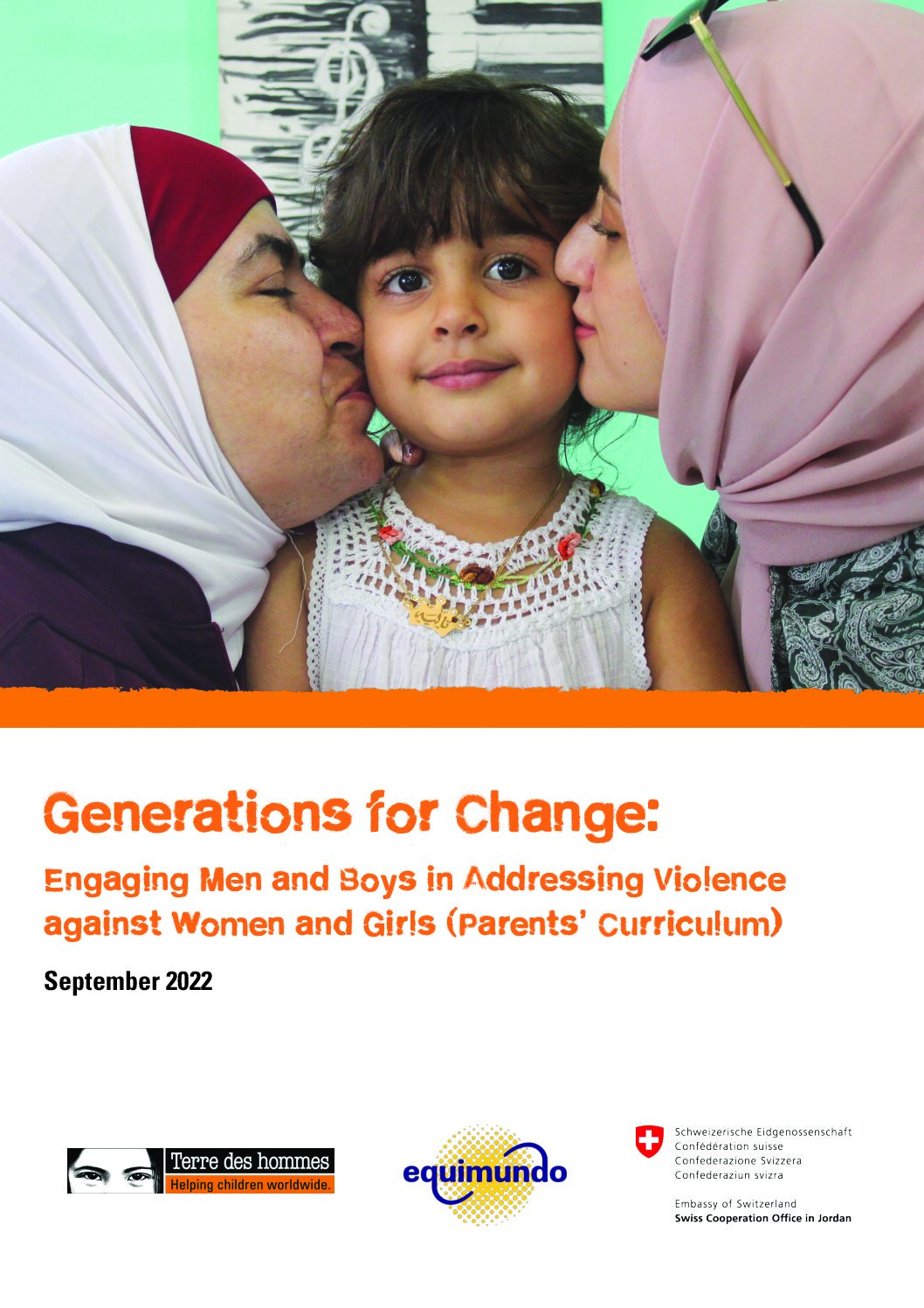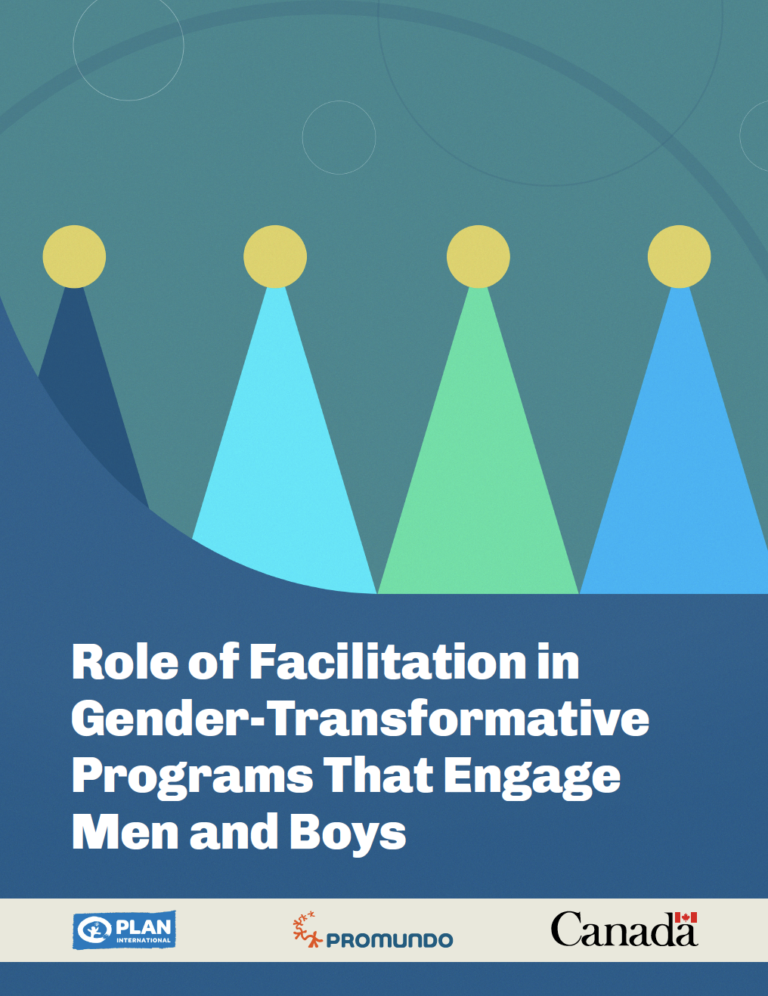Parenting programs have been identified as a promising strategy to strengthen parenting skills; increase men’s participation in caregiving; improve the quality of family relationships, health, and well-being; and prevent violence against children. Yet, most parenting programs primarily reach mothers and female caregivers, but fathers and male caregivers also have the power to transform their children’s lives. Nurturing interactions with fathers can improve children’s emotional and cognitive development, and strengthening couple relationships and reducing violence between the parents can reduce children’s exposure to intimate partner violence. Additionally, children who grow up in families where parents share household chores and care for their siblings are more likely to repeat these behaviors in adulthood, thus helping reduce the gap between women’s time spent in care work and men’s. Men themselves report benefits from having closer relationships with children and others, including improved mental health. This virtuous cycle can contribute to a reduction in stress levels and the use of violence at home, and thus, can help prevent the intergenerational transmission of violence.
Program P (“P” for the words for father in Portuguese, pai, and Spanish, padre) was developed in 2011 specifically to promote men’s positive involvement as fathers in maternal, newborn, and child health (MNCH) and in caring for their children. Since then, it has been adapted in close to 30 countries by a wide array of partner organizations, ranging from small community-based organizations to large multilateral development organizations and governments, often in partnership with Equimundo. This wide array of adaptations in diverse settings has generated a rich body of both evaluation research and practice-based knowledge from partners and the Equimundo staff technically supporting the design, implementation, and evaluation of its varying models across contexts.
This review seeks to consolidate learning from existing evaluations of Program P adaptations and the wealth of practice-based knowledge from program adapters and implementers. It identifies the core components or essential elements that guide effective, high-quality Program P adaptation and implementation. In a few countries, Program P is being taken to scale, evolving and being adapted to respond to the needs and realities of different groups of parents in very different settings. This makes it imperative to take stock, learn from the evidence and experience so far, and identify the core components that we believe are linked to the program’s impact in order to provide guidance that can support future adaptations.
Resources
English
Program P Comparative Review: Brief
PDF PreviewProgram P Comparative Review: Full Report
PDF Preview


